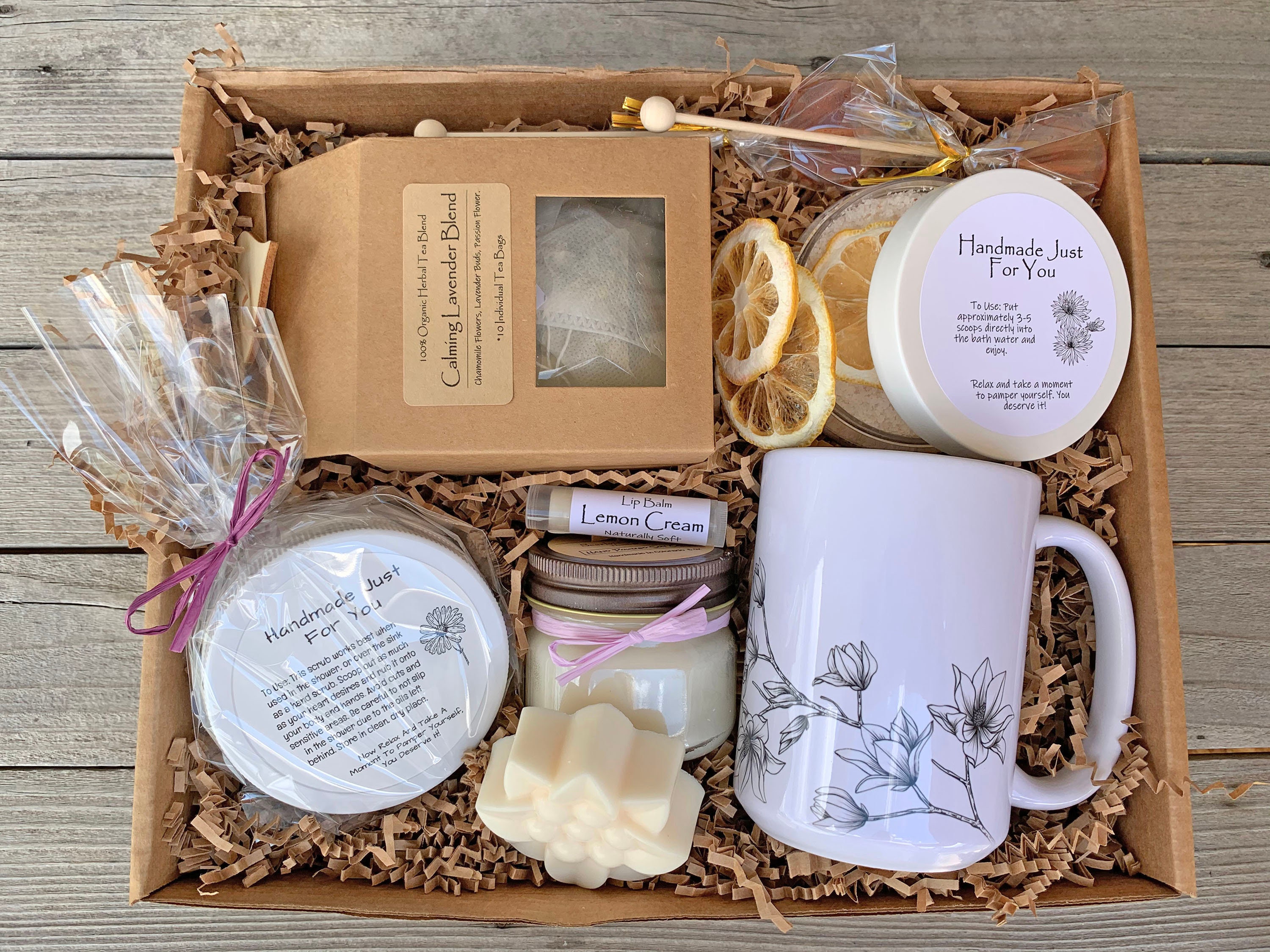Don?t Fall For This Baby Announcement Scam
페이지 정보
작성자 Jeffrey 댓글 0건 조회 2회 작성일 24-06-15 00:19본문
If you have a bright, sunny spot in your home, you may want to consider plants that require high light levels, such as the Fiddle Leaf Fig or the Ponytail Palm. On the other hand, if you have a low-light room, you can opt for plants that can tolerate shade, such as the Cast Iron Plant or the ZZ Plant.
Tropical houseplants not only beautify our living spaces but also provide a range of health benefits. Studies have shown that indoor plants can improve air quality by reducing toxins and pollutants, such as formaldehyde and benzene. Tropical houseplants are particularly effective at purifying the air, thanks to their large surface area and efficient photosynthesis process.
When selecting a tropical houseplant for your home, it's important to consider the specific conditions of your space. Different plants have different light, temperature, and humidity requirements, so it's essential to choose a plant that will thrive in your environment.
4. Fertilising: Houseplants benefit from regular fertilisation during the growing season, typically spring and summer. Choose a balanced, water-soluble plant food and dilute it according to the manufacturer's instructions. Be mindful not to over-fertilise, as this can cause build-up of salts in the soil.
In addition to their air-purifying and mood-boosting benefits, houseplants can also enhance the aesthetic appeal of our homes. With a wide variety of shapes, sizes and colours to choose from, houseplants can be used to add a touch of greenery to any room, whether it be a small succulent on a windowsill or a large fiddle-leaf fig in a corner. Plants can also be used to create focal points and add interest to a space, transforming blank walls and empty corners into vibrant and inviting areas that reflect our individual style and personality.
Another key factor to consider when choosing houseplants is the amount of care and maintenance they require. If you have a busy schedule or are new to plant care, opt for low-maintenance plants that require minimal watering and attention, such as pothos, succulents and cacti. On the other hand, if you enjoy tending to your plants and have the time to dedicate to their care, you may prefer more high-maintenance plants that require regular watering, pruning and fertilising, such as orchids, fiddle-leaf figs and peace lilies.
One of the key benefits of having houseplants in our homes is their ability to improve air quality. Plants naturally remove toxins from the air through a process called photosynthesis, where they take in carbon dioxide and release oxygen. This can help to reduce the levels of harmful chemicals such as formaldehyde, benzene and trichloroethylene, which are commonly found in indoor environments due to household products and pollution. By having a variety of houseplants in your home, you can create a healthier and cleaner living space for you and your family.
2. Light: As mentioned earlier, different houseplants have different light requirements. Make sure to place your plants in an area of your home that receives the appropriate amount of light for their specific needs. If your plants aren't getting enough light, consider investing in a grow light to supplement their natural light.
2. Mealybugs: Mealybugs are soft-bodied insects that feed on the sap of tropical houseplants. To remove mealybugs, you can dab them with a cotton swab soaked in rubbing alcohol or spray your plants with neem oil.
The 18th century saw a shift towards a more naturalistic style of garden design in Britain. The Romantic movement, with its emphasis on the beauty of nature and the picturesque landscape, had a profound impact on garden design during this period. Instead of the formal layouts and geometric patterns of previous eras, garden designers began to create more informal, flowing landscapes that were meant to evoke a sense of tranquility and harmony with nature.
To ensure your houseplants thrive and remain healthy, it's important to provide them with the right conditions and care. This includes watering them regularly, but not overwatering, as this can lead to root rot and other issues. It's also important to provide your plants with the right amount of sunlight, humidity and temperature, as well as regular feeding with a balanced plant food to promote growth and Baby announcement flowering. Regularly inspect your plants for any signs of pests or disease, and take appropriate action to treat and prevent any issues that arise.
4. Fertilizer: During the growing season, tropical houseplants benefit from regular feeding with a balanced fertilizer. Be sure to follow the instructions on the fertilizer packaging and avoid over-fertilizing, which can harm your plants.
 When it comes to choosing the right houseplants for your home, there are a few factors to consider. Firstly, think about the amount of natural light available in each room, as this will determine which plants will thrive in your space. Some plants, such as spider plants and peace lilies, prefer bright, indirect light, while others, like snake plants and ZZ plants, can tolerate lower light conditions. It's also important to consider the humidity levels in your home, as some plants, such as ferns and orchids, thrive in more humid environments.
When it comes to choosing the right houseplants for your home, there are a few factors to consider. Firstly, think about the amount of natural light available in each room, as this will determine which plants will thrive in your space. Some plants, such as spider plants and peace lilies, prefer bright, indirect light, while others, like snake plants and ZZ plants, can tolerate lower light conditions. It's also important to consider the humidity levels in your home, as some plants, such as ferns and orchids, thrive in more humid environments.
- 이전글깊은 잠 못 잔다면? '이 옷' 냄새 맡는 게 도움 24.06.15
- 다음글Truffes Blanches Entières 18gr 24.06.15
댓글목록
등록된 댓글이 없습니다.
